Who We Are
Our approach to service delivery is based on the following principles and consistent with our organizational values. We use these principles to guide our programs, policies and actions.
1969
Birth Control Becomes Legal

1970
Information is Empowering
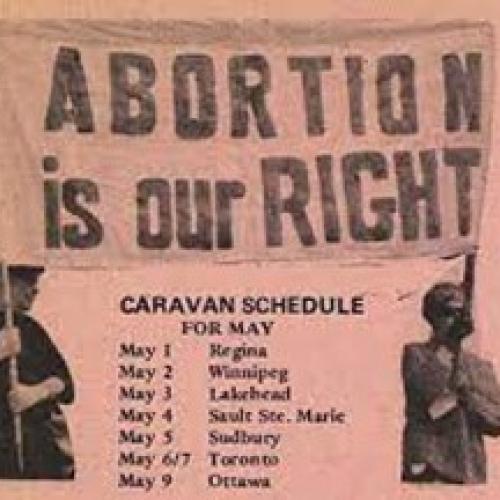
1971
Crypt Grows Into Klinic

1972
Defunded But Determined

1973
Pregnancy Information Service
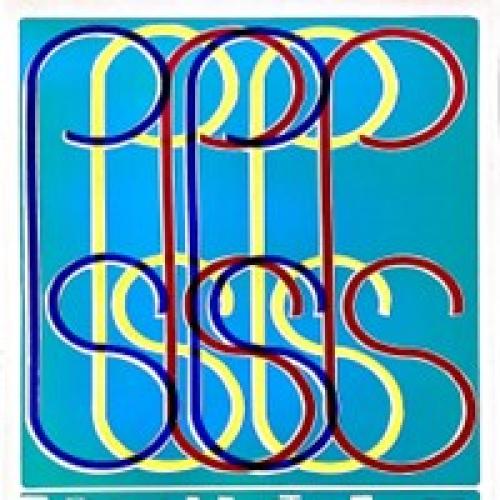
1974
Branching Out
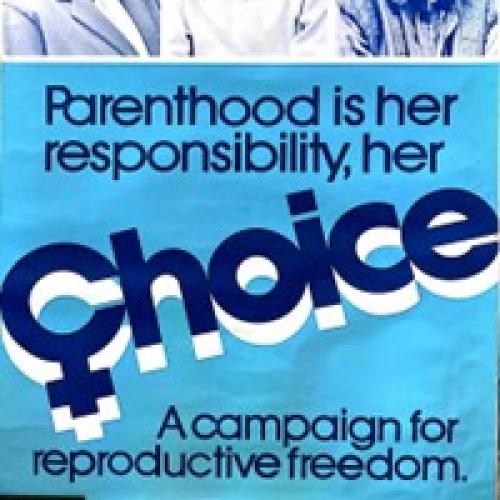
1981
The Birth of Women's health Clinic
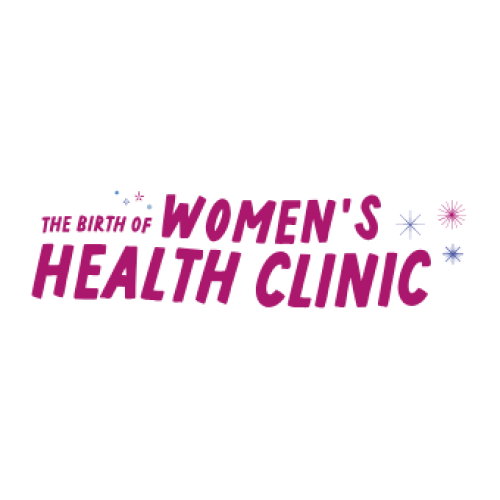
1982
Moving to Meet Demand
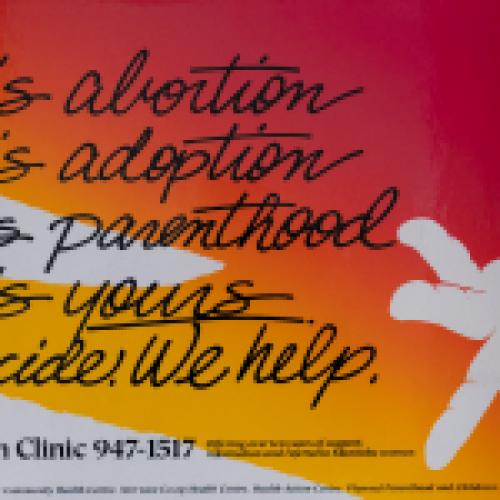
1983
Winnipeg's Morgentaler Clinic

1985
Teen Drop-in Gets Its Start
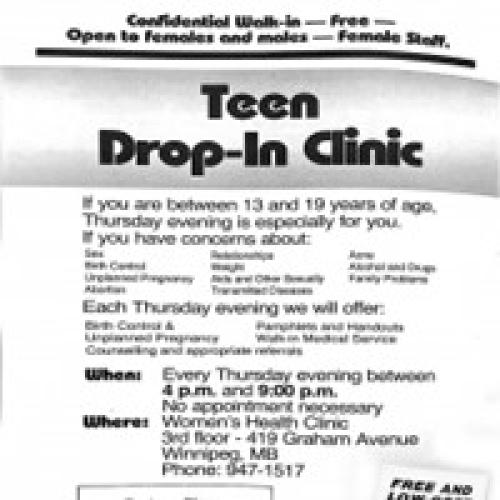
1987
Women and HIV/AIDS
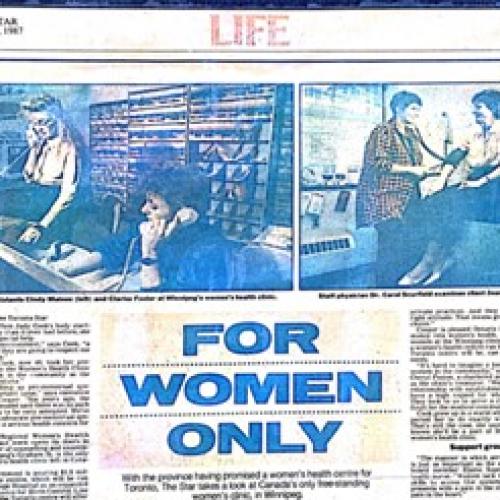
1988
Canada Decriminalizes Abortion

1989
Motherhood Stress Counselling Program

1997
Goes to the Supreme Court of Canada
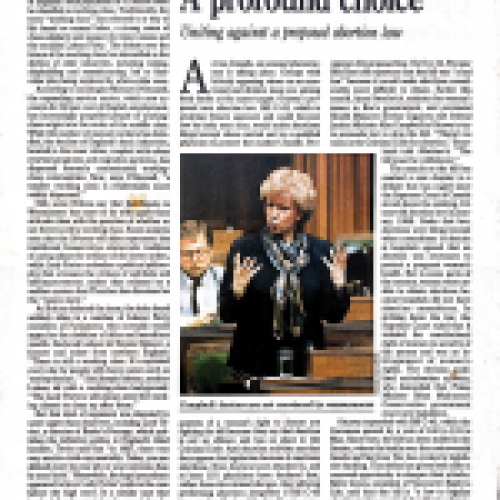
2000
Midwifery becomes Legal in Manitoba
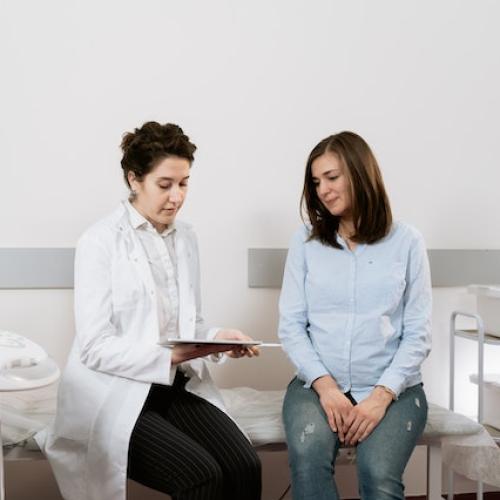
2004
Jane's Clinic Advances Abortion Care
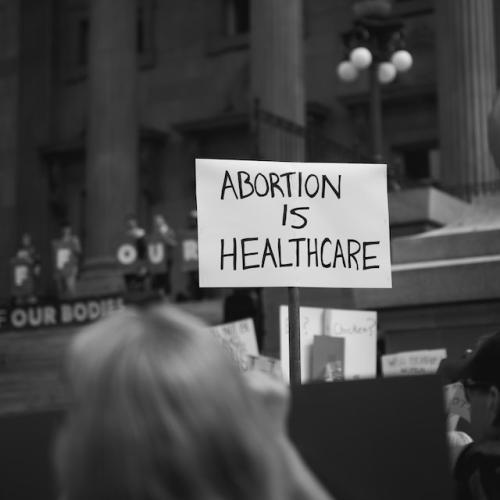
2006
Indigenous Communities Have Always Had Midwives
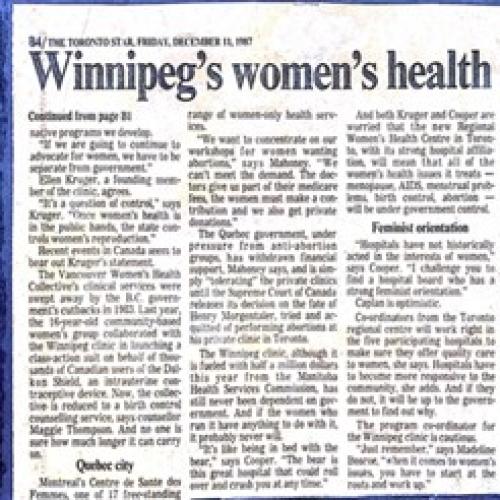
2011
Announcing the Birth Centre
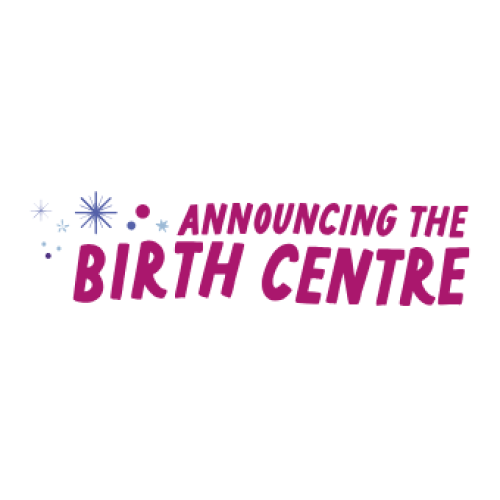
2013
Fight for Reproductive Justice
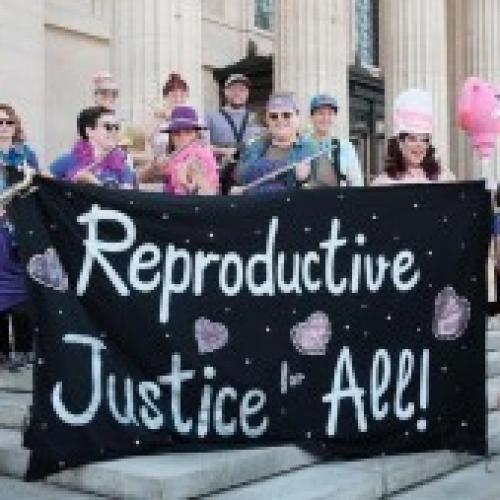
2014
Celebrating Choice

2014
Universal Coverage / Unequal Access
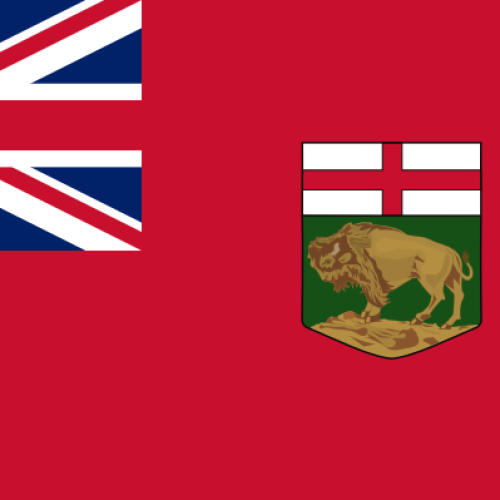
2015
Challenging Abortion Stigma
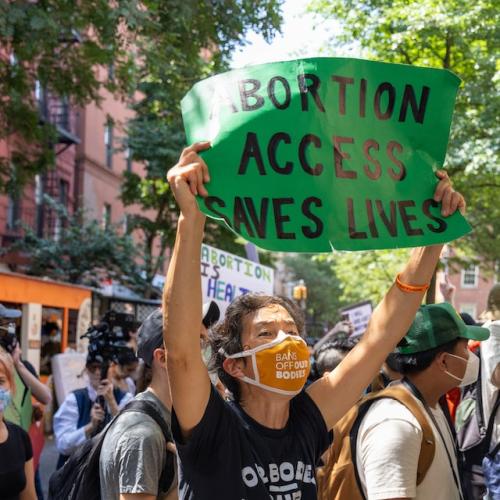
2016
Shifting Sexual Health Perspectives

2017
The Abortion Pill Comes to Canada

2018
Expanding Services

2019
Universal Coverage / Unequal Access
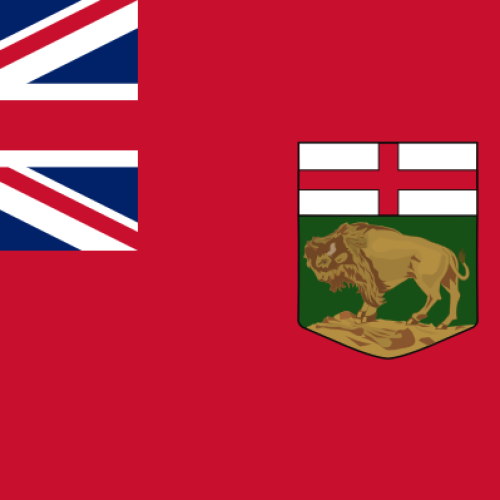
2020
Pivoting With The Pandemic

2021
Reconciliation and a New Name






